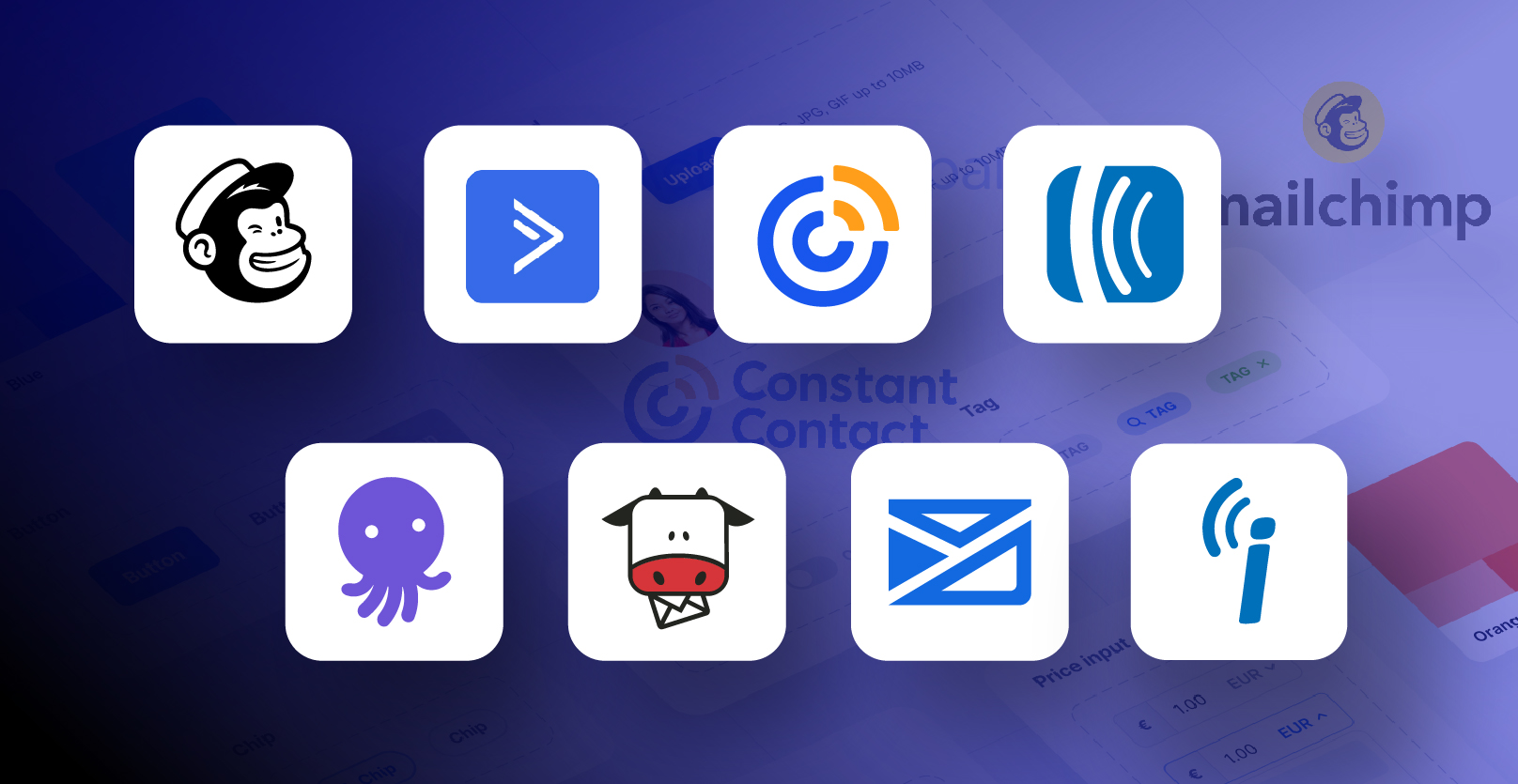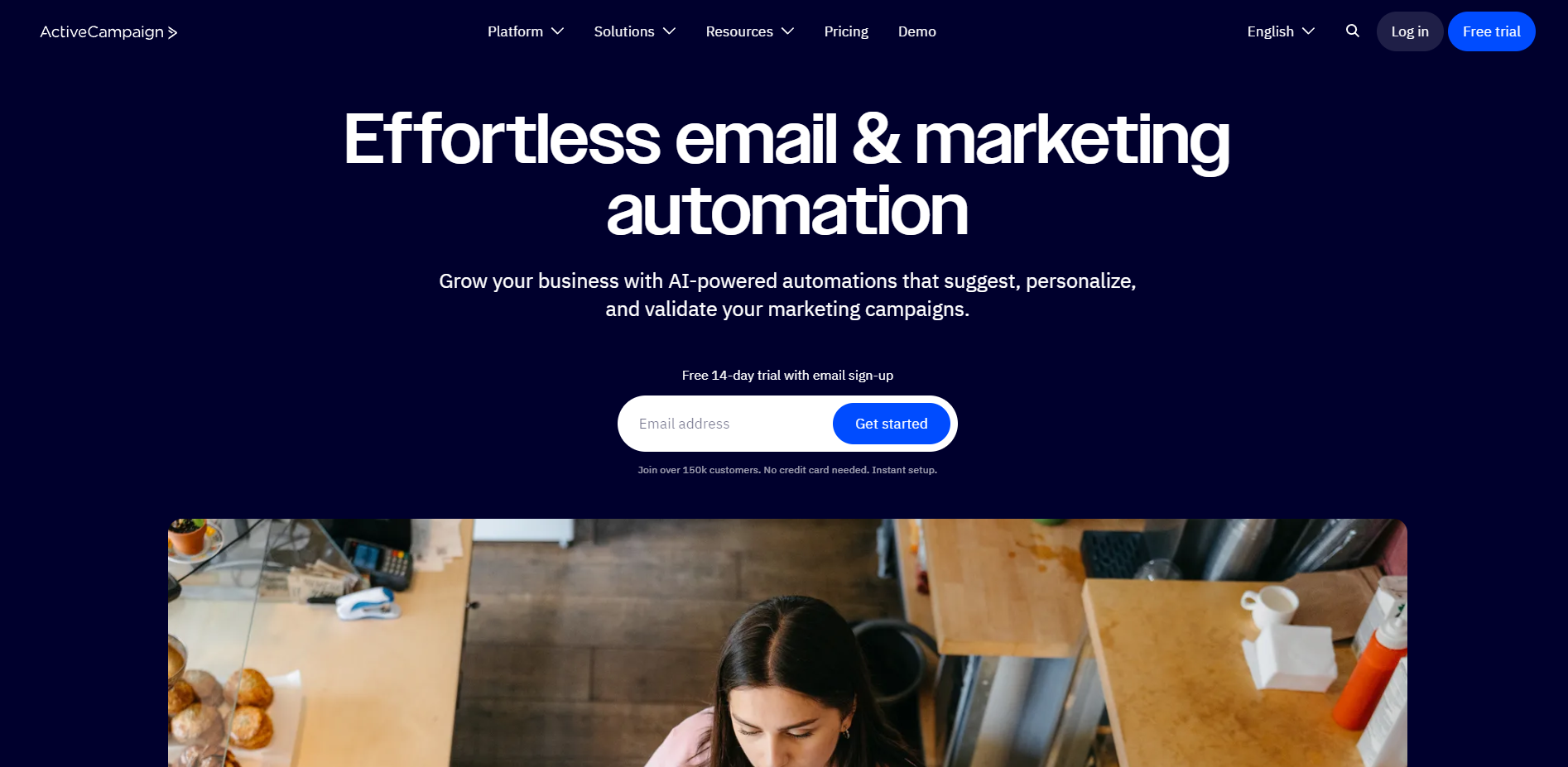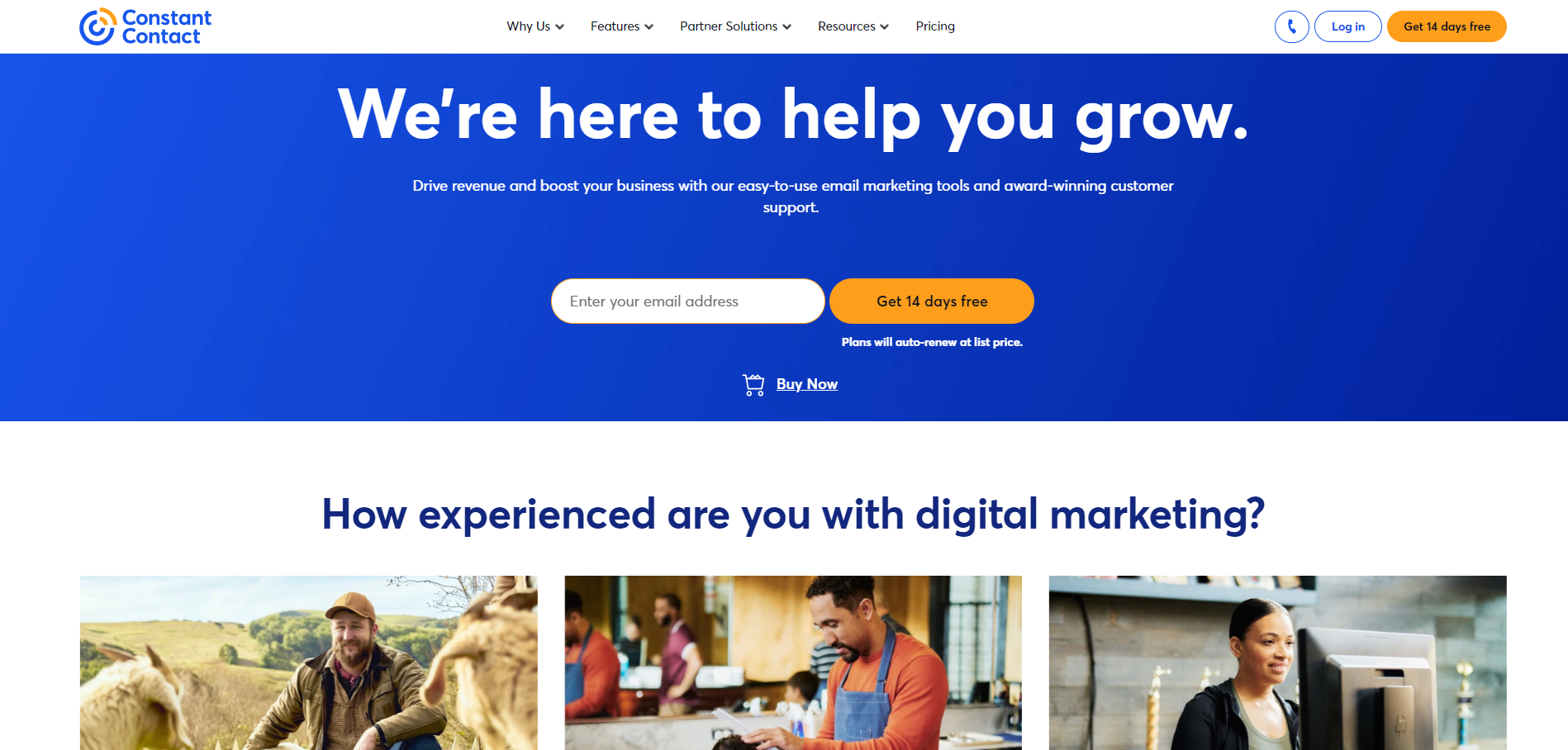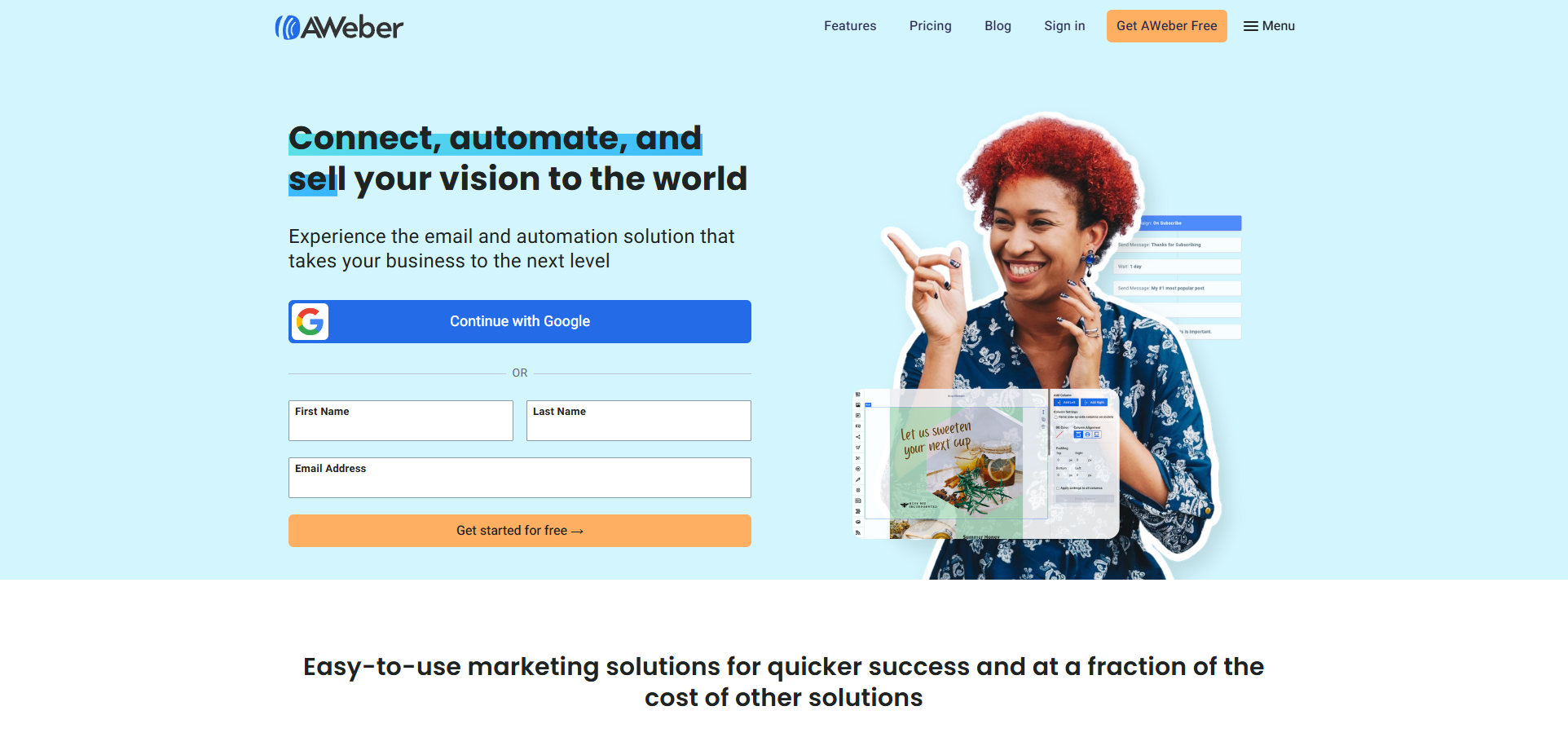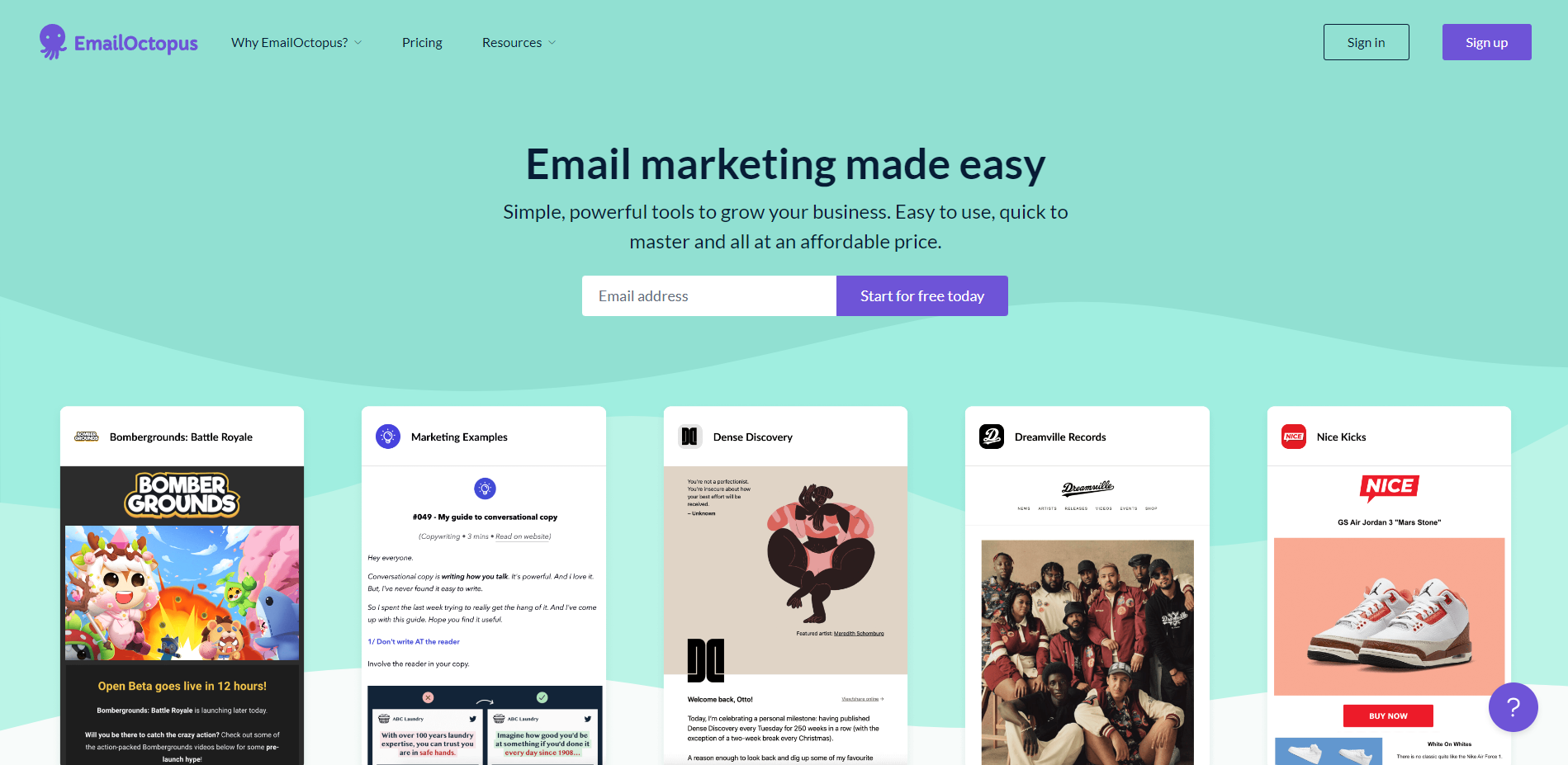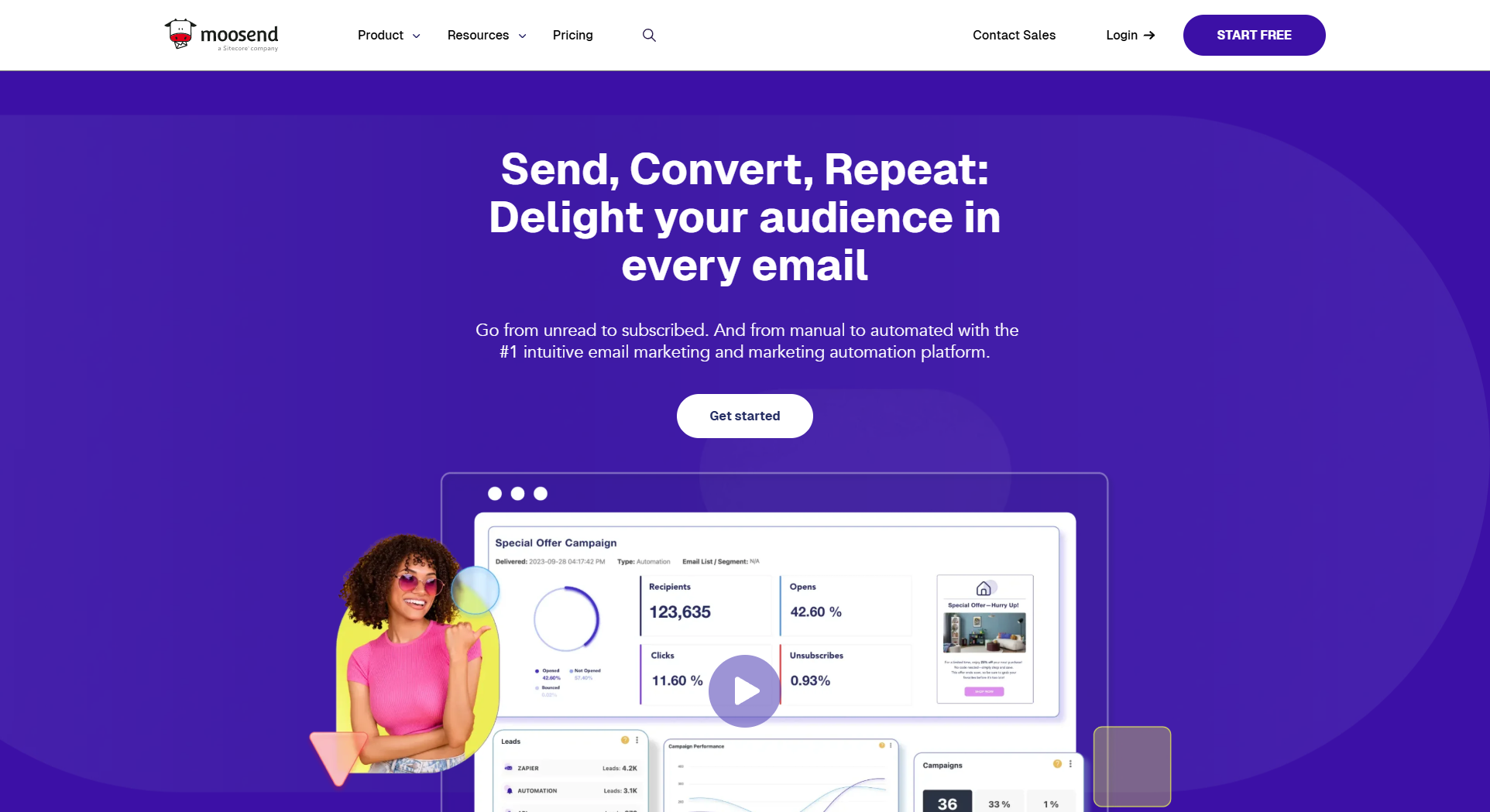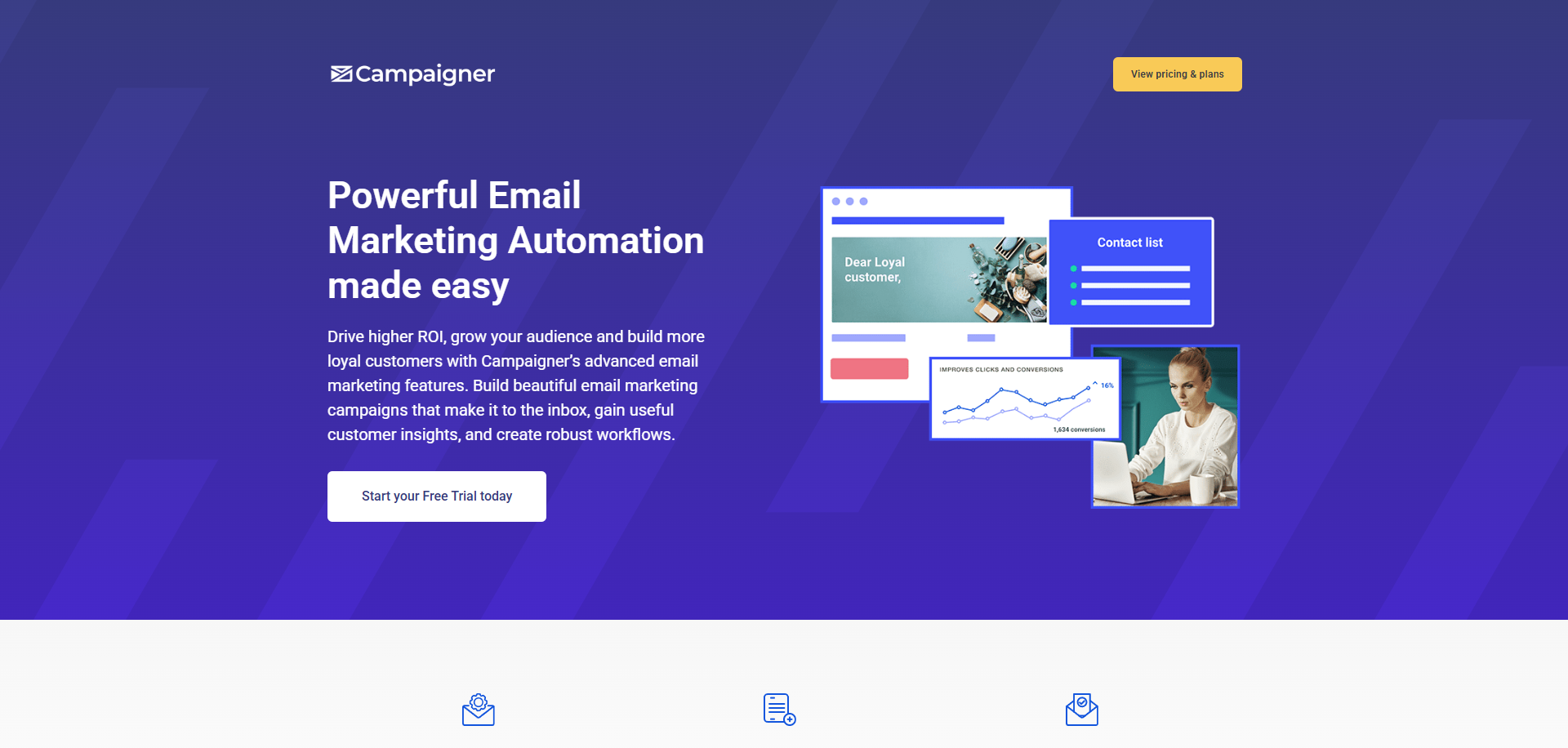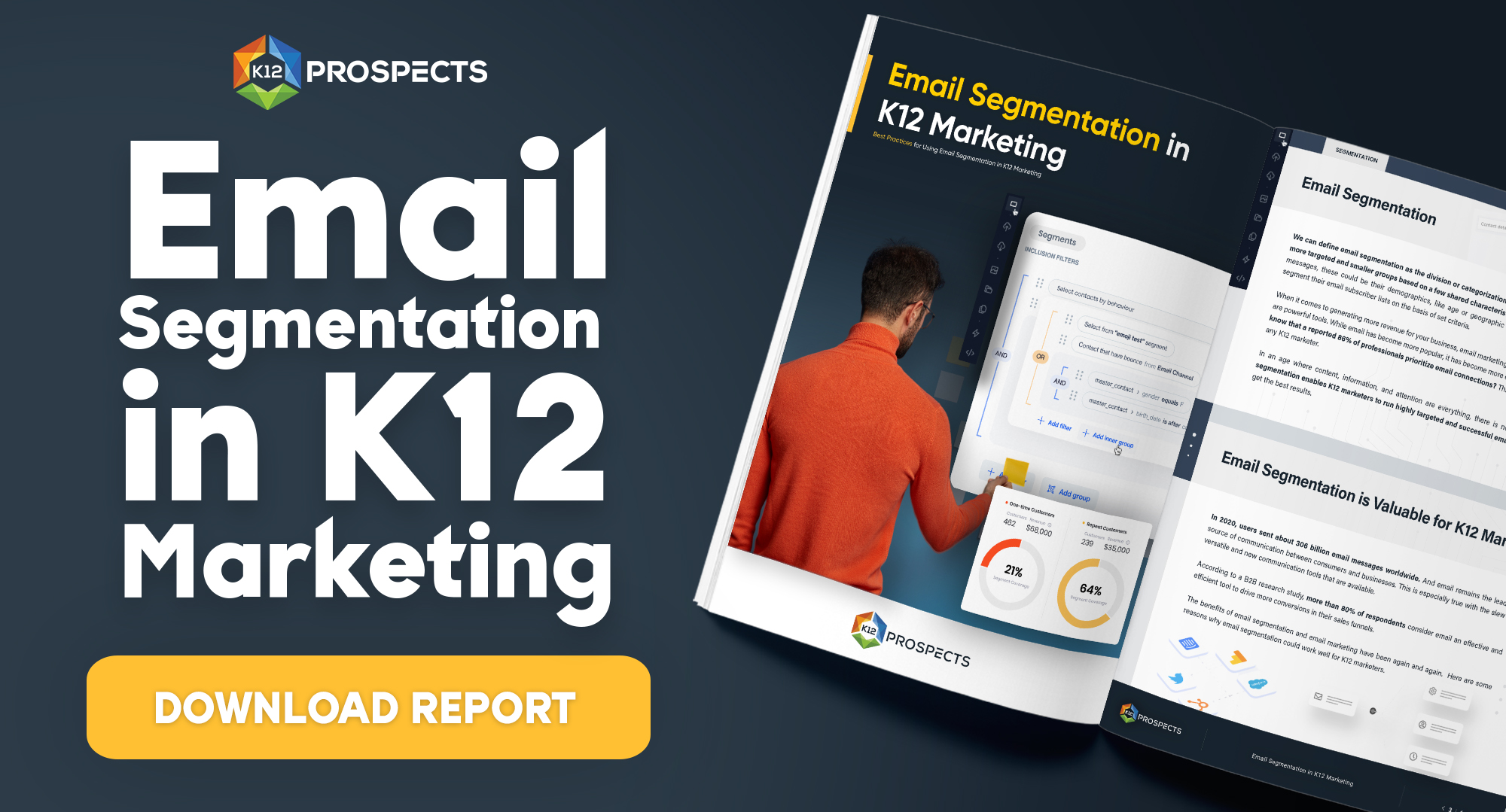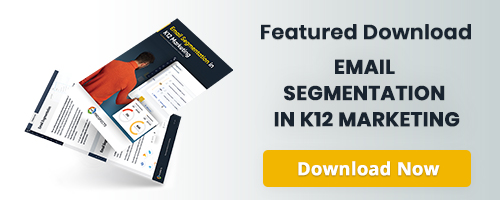Choosing the Right Email Sending Platform for the K-12 Education Market
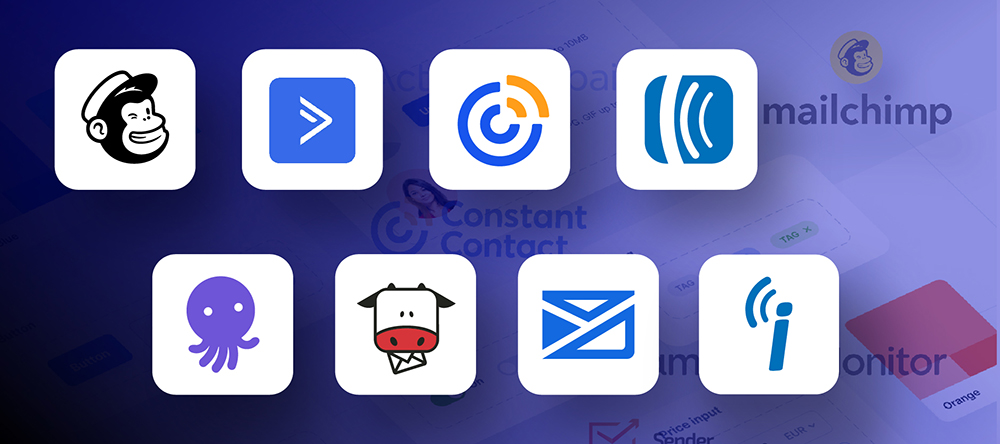
The K-12 education market is a unique and highly targeted sector that requires tailored marketing strategies. One of the most effective ways to reach educators, administrators, and parents is through email marketing. However, selecting the right email sending platform is crucial to ensure high deliverability rates, effective campaign management, and compliance with privacy regulations. In this article, we will compare several popular email sending platforms: ActiveCampaign, Constant Contact, Email Octopus, Mailchimp, AWeber, Moosend, and Campaigner. We will analyze their pros and cons and discuss their deliverability rates to help you make an informed decision.
ActiveCampaign
Delivery Rate: High (99%) Popularity Score: 10/10
Overview: ActiveCampaign is a premium email marketing platform known for its advanced automation features, built-in CRM, and personalization tools. It is ideal for businesses that require sophisticated email workflows and targeted messaging.
Pros:
- Best-in-Class Automation – Offers the most advanced automation workflows and segmentation options.
- CRM Integration – Includes a built-in CRM system for managing customer relationships.
- High Deliverability Rates – Strong reputation for ensuring emails land in inboxes.
- Personalization & AI Features – Dynamic content and machine learning help optimize campaigns.
Cons:
- Steep Learning Curve – More complex to set up compared to Mailchimp or AWeber.
- Higher Cost – Premium features come at a price, making it more expensive than some competitors.
- No Free Plan – Only offers a 14-day trial with limited features.
See Plans and Pricing
Constant Contact
Delivery Rate: High (98%) Popularity Score: 9/10
Overview: Constant Contact is an easy-to-use email marketing tool that provides excellent customer support, strong deliverability, and useful event management features. It is a solid option for small businesses.
Pros:
- Excellent Customer Support – Offers live chat, phone, and email support.
- User-Friendly Interface – Simple drag-and-drop email editor is great for beginners.
- Event Management Tools – Unique features for event promotion and registration.
- Good Deliverability Rates – Maintains a strong reputation with ISPs.
Cons:
- Limited Automation – Not as sophisticated as ActiveCampaign.
- Higher Cost for Fewer Features – Pricing is comparable to competitors with more robust feature sets.
- Basic Reporting – Lacks deep insights and analytics available in Mailchimp or ActiveCampaign.
See Plans and Pricing
Mailchimp
Delivery Rate: High (97%) Popularity Score: 9/10
Overview: Mailchimp is one of the most recognized email marketing platforms, offering a free plan with powerful features, comprehensive analytics, and integrations with various eCommerce and CRM tools.
Pros:
- Feature-Rich Free Plan – Up to 500 contacts and 1,000 sends per month with automation and segmentation included.
- Strong Brand Reputation – One of the most recognized and widely used email marketing tools.
- Comprehensive Analytics – Provides detailed campaign reports and insights.
- Wide Integration Options – Works with eCommerce platforms like Shopify, WooCommerce, and CRM tools.
Cons:
- Expensive as Lists Grow – Pricing can get steep for businesses with large contact lists.
- Limited Customer Support on Free Plan – Free-tier users only get email support for the first 30 days.
- Automation Features Are Basic – Not as powerful as ActiveCampaign’s advanced workflows.
See Plans and Pricing
AWeber
Delivery Rate: High (97%) Popularity Score: 8/10
Overview: AWeber is a well-established email marketing platform known for its excellent customer support and high deliverability rates. It is best suited for small businesses and entrepreneurs looking for an easy-to-use email automation tool.
Pros:
- Excellent Customer Support – Offers 24/7 customer service via phone, email, and chat.
- High Deliverability Rates – Emails consistently land in inboxes.
- Easy-to-Use Autoresponder – Great for setting up simple email automation sequences.
- Integration with Various Platforms – Connects well with WordPress, Shopify, and other eCommerce platforms.
Cons:
- Dated User Interface – The platform’s design is not as modern as competitors.
- Limited Free Plan – Unlike Mailchimp, the free plan only allows for 500 subscribers.
- Pricing Increases with List Growth – Costs rise significantly as your email list expands.
See Plans and Pricing
iContact
Delivery Rate: High (98%) Popularity Score: 7/10
Overview: iContact is a user-friendly email marketing platform designed for small businesses and nonprofits. It provides easy-to-use automation features, excellent customer support, and strong deliverability rates, plus you can try it for 30 days.
Pros:
- User-Friendly Interface – Simple and intuitive for beginners.
- Good Customer Support – Offers live chat, phone, and email assistance.
- Strong Deliverability Rates – High inbox placement rates.
- Affordable Pricing – Competitive pricing compared to premium platforms.
Cons:
- Limited Advanced Features – Lacks sophisticated automation tools found in ActiveCampaign.
- Basic Reporting – Analytics are not as comprehensive as Mailchimp or Campaigner.
- Fewer Integrations – Does not integrate with as many third-party tools.
See Plans and Pricing
Email Octopus
Delivery Rate: High (98%) Popularity Score: 7/10
Overview: Email Octopus is a budget-friendly email marketing platform that integrates with Amazon SES to provide affordable bulk email solutions. It is designed for businesses that need a simple yet effective email tool with good deliverability rates.
Pros:
- Cost-Effective – Email Octopus offers one of the most affordable pricing structures, making it an attractive choice for small businesses.
- Easy Integration with Amazon SES – Users can send bulk emails at a lower cost by leveraging Amazon Simple Email Service (SES).
- User-Friendly Interface – Simple and clean design makes it easy for beginners to navigate.
- High Deliverability – With Amazon SES, emails have a high chance of reaching inboxes.
Cons:
- Limited Features – Lacks advanced automation features that competitors like ActiveCampaign offer.
- Basic Reporting – Analytics and reporting tools are not as comprehensive as other platforms.
- No Built-in Email Builder – While templates are available, they are not as customizable as those from Mailchimp or Moosend.
See Plans and Pricing
Moosend
Delivery Rate: Moderate (95%) Popularity Score: 6/10
Overview: Moosend is a cost-effective email marketing platform offering strong automation features, an intuitive email builder, and excellent template selection. It is a great option for businesses seeking affordability without sacrificing functionality.
Pros:
- Affordable Pricing – One of the most budget-friendly email marketing solutions.
- Advanced Automation Features – Offers powerful automation capabilities similar to ActiveCampaign.
- Drag-and-Drop Email Builder – Intuitive and easy to use.
- Great Template Selection – Professionally designed templates for various industries.
Cons:
- Limited Integrations – Does not integrate as seamlessly with third-party tools compared to Mailchimp or ActiveCampaign.
- Smaller User Base – Fewer community resources and tutorials available online.
- No Phone Support – Customer support is mainly via email or live chat.
See Plans and Pricing
Campaigner
Delivery Rate: High (97%) Popularity Score: 6.5/10
Overview: Campaigner is a feature-rich email marketing platform designed for businesses needing advanced automation, detailed reporting, and A/B testing capabilities.
Pros:
- Advanced Automation Tools – Offers behavioral targeting, segmentation, and personalization.
- A/B Testing – Strong split-testing features for optimizing campaigns.
- Excellent Customer Support – Provides phone, chat, and email assistance.
- Scalability – Works well for large enterprises needing sophisticated email strategies.
Cons:
- No Free Plan – Only offers a 30-day trial, unlike Mailchimp or Moosend.
- Complex for Beginners – More suited for experienced marketers and businesses.
- Expensive Pricing Model – Higher costs than some competitors offering similar features.
See Plans and Pricing
Conclusion
Each email marketing platform has its strengths and weaknesses, making the right choice dependent on your business needs.
- For a high delivery rates and strong automation features, go with ActiveCampaign
- For ease of use and customer support, Constant Contact or AWeber might be ideal.
- For a well-rounded and widely recognized platform, Mailchimp remains a solid option, especially for smaller businesses.
- For affordability and basic campaigns, consider Email Octopus or Moosend.
Before making a decision, evaluate your budget, feature requirements, and long-term email marketing goals to ensure you choose the platform that best suits your business strategy. Please also understand that all of the platforms have their own rules and guidelines, and this is not a recommendation but a review of the platform’s features.

